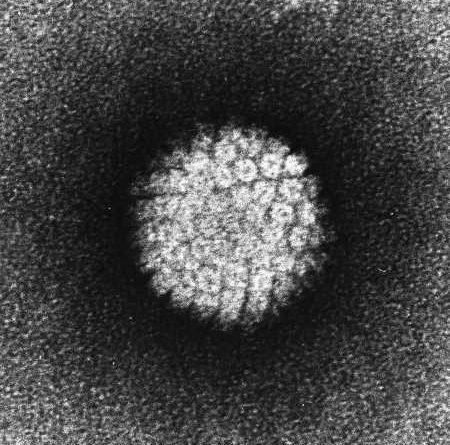Indigenous Australians at higher risk of HPV throat cancers

Researchers from the University of Adelaide have found that throat cancers caused by human papilloma virus (HPV), a common sexually transmitted disease, are 15 times more prevalent in Indigenous Australians than young non-Indigenous Australians, and five times the prevalence reported in a systematic review involving the US, Brazil, Mexico and Finland.
The initial findings have led to a continuation of the world-leading study for the next five years thanks to $3.1 million in funding from the National Health and Medical Research Council.
The ultimate goal of the research is to detect early signs of HPV-related oropharyngeal cancer before it becomes fatal.
HPV is normally associated with cervical cancer, but can spread to the throat, head and neck via oral sexual activities, and is increasing at a rapid rate globally.
Director of the University of Adelaide’s Australian Research Centre for Population Oral Health (ARCPOH), Professor Lisa Jamieson, said extending the study would allow a deep dive of the critical knowledge they had already learnt.
“We found that the prevalence of oral HPV was about 15 times higher in the Indigenous population than the general population,” Professor Jamieson said.
“There’s two types of oral HPV, types 16 and 18, that are linked to oropharyngeal cancer, out of the more than 250 types overall.
“Sixteen and 18 have the strongest carcinogenic potential—type 16 has an almost 100 percent risk of getting cancer—so it’s important we understand how prevalent this disease is in Indigenous communities.
“We’ll be doing thorough clinical examinations, which includes a full dental check of the teeth, the tongue, the backs of the throat, and taking blood samples to test for early stages of cancer.”
More than 1,000 Indigenous people from across South Australia—including Adelaide, Mount Gambier, Coober Pedy, Ceduna, Whyalla, Port Lincoln, Port Pirie and the Riverland—were recruited for the study, which started in 2019.
Director of the University’s Indigenous Oral Health Unit (IOHU), Ms. Joanne Hedges, is the chief investigator on the study.
The Yamatji woman has worked closely with the Indigenous communities to understand their concerns about how to deal with the disease.
“Participants wanted to be part of this HPV project because they wanted to be part of change,” Ms. Hedges said.
“The theme coming out was, “I had a family member pass away with this throat sickness, and I don’t want to happen to any other Nunga in my community or my family.”
“There was a real strength of participation.”
Dean and Head of School, Professor Richard Logan, said this project is a fantastic example of researchers and the community working together, and another reason why the Adelaide Dental School, which includes ARCPOH and IOHU, is the highest-ranked dental school in the country.
“Like all cancers, if this can be detected early, it not only means less deaths, but also much improved quality of life for people who survive due to the need for less extensive surgery and other cancer treatment,” Professor Logan said.
Source: Read Full Article



